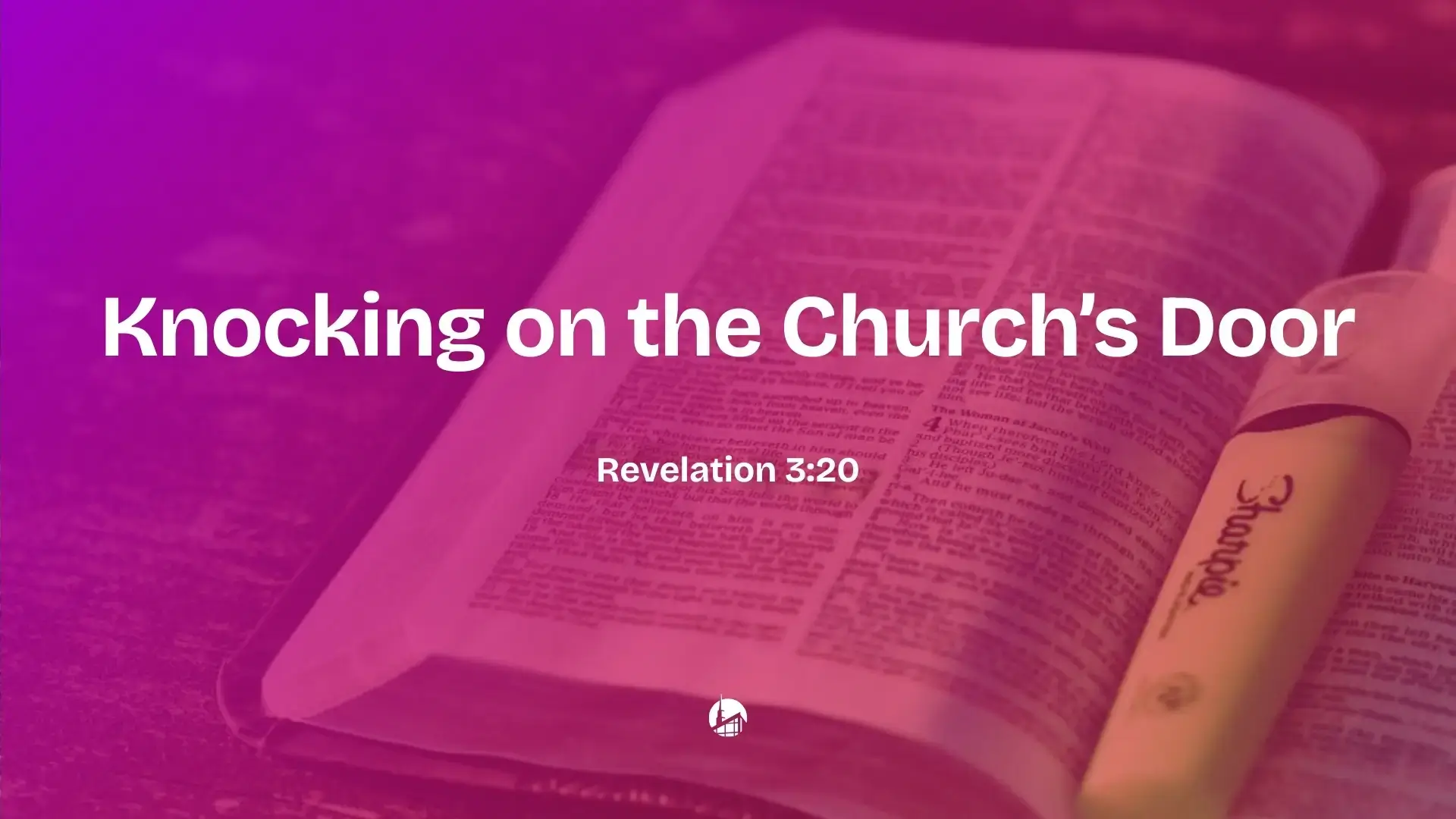In the bustling city of Jericho, a profound encounter unfolds in Mark 10:46-52 (KJV), where Jesus Christ, the Son of God, demonstrates the essence of servanthood through His interaction with blind Bartimaeus. This familiar story, often shared in Sunday school, holds timeless lessons for believers today. As Pastor McTague highlights in his sermon, Jesus exemplifies three essential characteristics of servanthood: humility, attentiveness to the cries of others, and a willingness to help those in need. These qualities challenge us to reflect on our own lives and consider whether we prioritize status over service. Let’s dive into this passage to uncover how Jesus’ actions guide us to live as true servants of God.
The Servanthood of Jesus is Seen in His Humility Towards the Blind Man
As Jesus and His disciples left Jericho, surrounded by a great crowd, they encountered Bartimaeus, a blind beggar sitting by the highway (Mark 10:46). In the Middle East at that time, such a sight was common, and many might have passed by without a second glance. Yet, Jesus, the Son of David and King of kings, paused to engage with this overlooked individual. Bartimaeus cried out, “Jesus, thou son of David, have mercy on me” (Mark 10:47), recognizing Jesus as the promised Messiah. This title, used only here in Mark’s gospel, underscores Jesus’ divine identity and His fulfillment of Old Testament promises (2 Samuel 7:12-16).
Despite His divine status, Jesus displayed remarkable humility. He did not dismiss Bartimaeus or prioritize His journey to Jerusalem, where He would soon face His passion week. Instead, He acknowledged a man society deemed insignificant. This act challenges believers to examine their own hearts. Are we too consumed with personal comfort or status to notice those around us? Humility, as Pastor McTague notes, is not thinking less of ourselves but thinking of ourselves less, placing others’ needs above our own. Jesus’ example calls us to walk humbly, regardless of our earthly or spiritual standing, and to serve others as He did.
The Servanthood of Jesus Christ is Seen in Him Hearing the Cry of the Blind Man
The crowd’s response to Bartimaeus’ cries was to silence him, perhaps viewing him as a disturbance (Mark 10:48). But Bartimaeus persisted, crying out even louder, “Thou son of David, have mercy on me.” Remarkably, the Bible records that “Jesus stood still” (Mark 10:49). This simple yet profound act reveals Jesus’ attentiveness to the cries of the needy. He not only heard Bartimaeus but commanded him to be called, saying, “What wilt thou that I should do unto thee?” (Mark 10:51). Jesus took time to listen, demonstrating that true servanthood involves hearing the needs of others, even amidst a busy life.
In our fast-paced world, it’s easy to overlook the struggles of those around us. We may be preoccupied with our own burdens, drowning out the cries of neighbors, coworkers, or even fellow believers. Jesus’ example reminds us to pause and listen, allowing the Holy Spirit to guide us to those who need encouragement or the message of the gospel. As Pastor McTague emphasizes, Jesus, the King of kings, stopped for a beggar. What excuse do we have for ignoring the cries of those in our own circles?
The Servanthood of Jesus Christ is Seen in Him Helping the Blind Man
Jesus’ interaction with Bartimaeus culminated in action. When Bartimaeus expressed his desire, “Lord, that I might receive my sight” (Mark 10:51), Jesus responded, “Go thy way; thy faith hath made thee whole” (Mark 10:52). Immediately, Bartimaeus received his sight and followed Jesus. This healing fulfilled Old Testament prophecies of the Messianic age, where “the eyes of the blind shall see out of obscurity, and out of darkness” (Isaiah 29:18). The Greek word for “made thee whole” (sozo) carries a salvific meaning, suggesting not only physical healing but also spiritual salvation. Bartimaeus’ encounter with Jesus transformed his life, both physically and eternally.
This act of helping reflects Jesus’ mission to serve and save (Mark 10:45). As He approached the most challenging week of His earthly life, Jesus prioritized meeting the needs of one individual. For believers, this challenges us to move beyond hearing to helping. Whether it’s sharing the gospel, offering encouragement, or meeting practical needs, we are called to emulate Jesus’ compassion. As Pastor McTague asks, who in our world needs spiritual sight? Jesus’ power to transform lives remains active today, and we are His hands and feet to carry that message.
Conclusion
The encounter with Bartimaeus challenges us with three reflective questions. First, are we as believers more concerned with our status than our service? Like the disciples in Mark 10:35-37, who sought prominence after Jesus spoke of His suffering, we can become preoccupied with personal gain. Second, are we walking in humility, hearing the cries of others, and seeking daily to help those in need? This requires the Holy Spirit’s enablement to overcome our selfish tendencies. Third, are we meditating on the fact that through Christ’s compassion, we are no longer spiritually blind? Reflecting on our salvation should fuel gratitude and a desire to emulate Jesus’ servanthood. May we, like Bartimaeus, cry out to Jesus and follow Him, living lives that mirror His humility, compassion, and transformative love. Let’s pray for God’s grace to walk as Jesus walked, serving others and glorifying Him.












